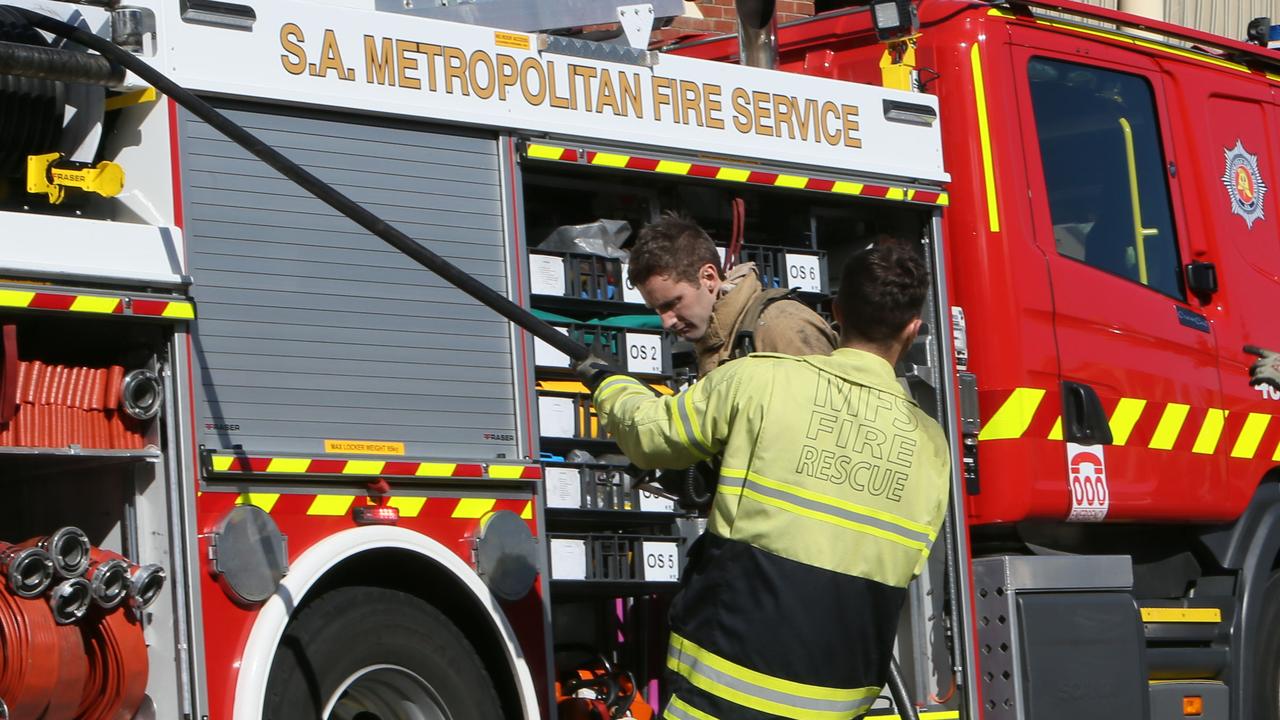Trinity College pledges anti-racism action after students’ abuse of baby dolls
Trinity College will do more to stamp out racism, its principal has vowed, as the fallout grows over a video showing students hanging baby dolls.

SA News
Don't miss out on the headlines from SA News. Followed categories will be added to My News.
In a powerfully worded message, Trinity College has vowed to take firm action against racism at the Gawler school.
As the fallout from students bashing and hanging baby dolls escalated on Friday, with thousands of people backing an online petition calling for decisive action, the school pledged to “redouble” its anti-racism efforts.
Trinity College head Nick Hately said the school “stands wholeheartedly with any student with a commitment to rid the world of racism”.
The school would work with its community and external experts to update its policies and curriculum to “engage more deeply with Indigenous and multicultural perspectives”.
“The College apologises to any student, past or present, if we haven’t done enough to educate or stamp out subtle, perceived, systemic or overt racism,” he said in a letter to the school community.
Many students had been profoundly affected by an incident last week, he said, where a group of Year 11 students pretended to hang and assault baby dolls they had been using for parental-care lessons.
The students made videos of themselves smacking the baby dolls, banging them on a table, swinging them around by the arms and tying them from their hats up a tree.
At least two videos were posted on social media. The dolls used by the child studies class were crafted as being from different ethnicities with white, black and other skin tones.
One video, showing a black doll being hanged from a tree, sparked the accusations of racism.

On Friday, a student-led online petition alleged the school was “not a safe space” for minorities and that the school is “not new to racial incidents; majority of the incidents are swept under the rug and the feelings of the victims are repeatedly disregarded”.
The petition – which attracted more than 4000 supporters – called on the school board to require students and teachers to “undergo year-long trainings on cultural sensitivity”.
Mr Hately said the school supported students in their activism.
“We want our students and graduates to be leaders in social change; to take a stand on things which are important,” he said.
“We encourage students to do this in a manner which builds understanding, creates tolerance and leads to meaningful change.”
Seven students were given some form of suspension after the incident and have been counselled by the school.
Mr Hately said the students were adamant their intentions were not racist – but now “with greater education, they understand why their actions are considered racist”.
“They understand how appalling, unthinking behaviour stemming from ignorance can be racism,” he said.
“Not having a racist intent does not mean the impact is not racist.”


